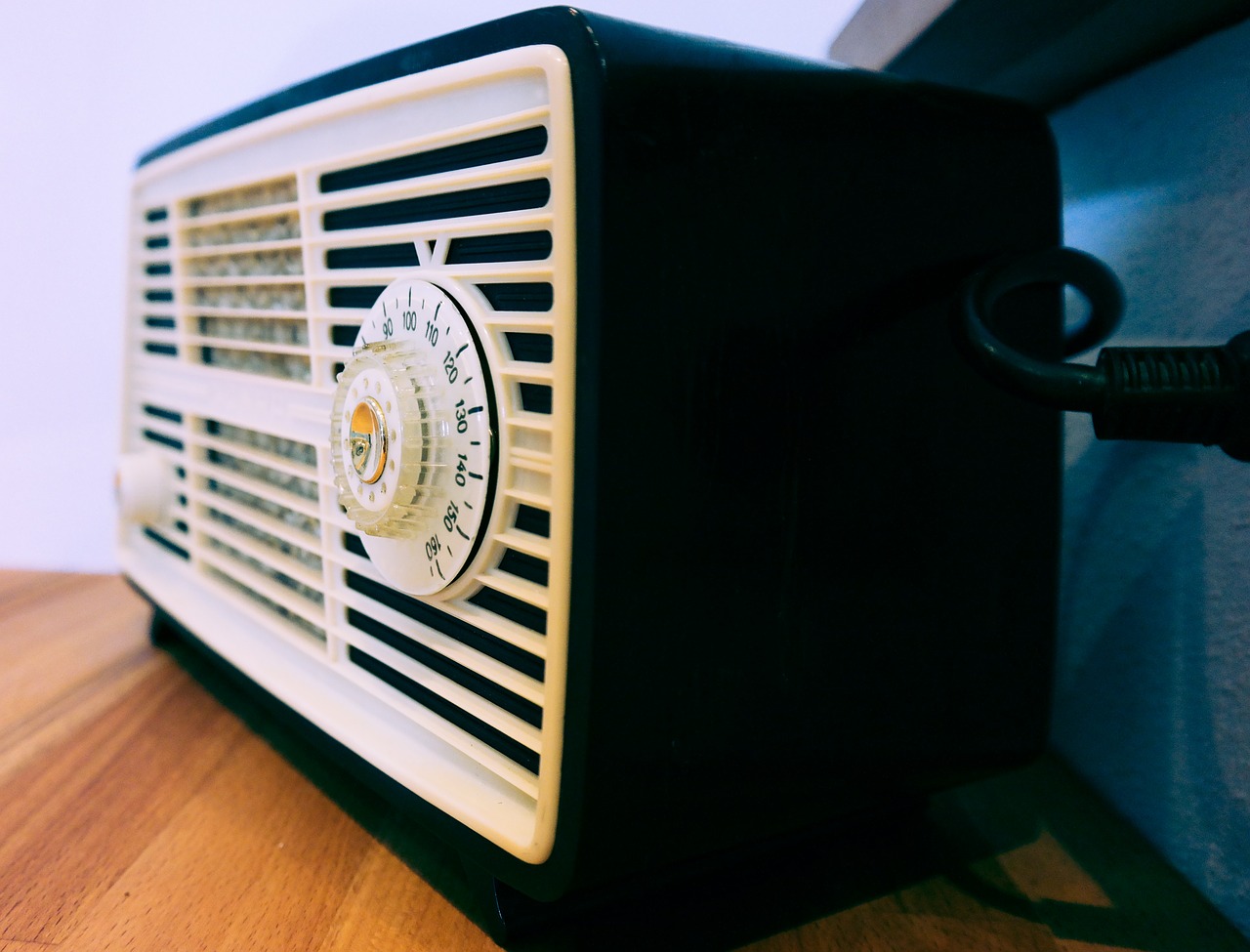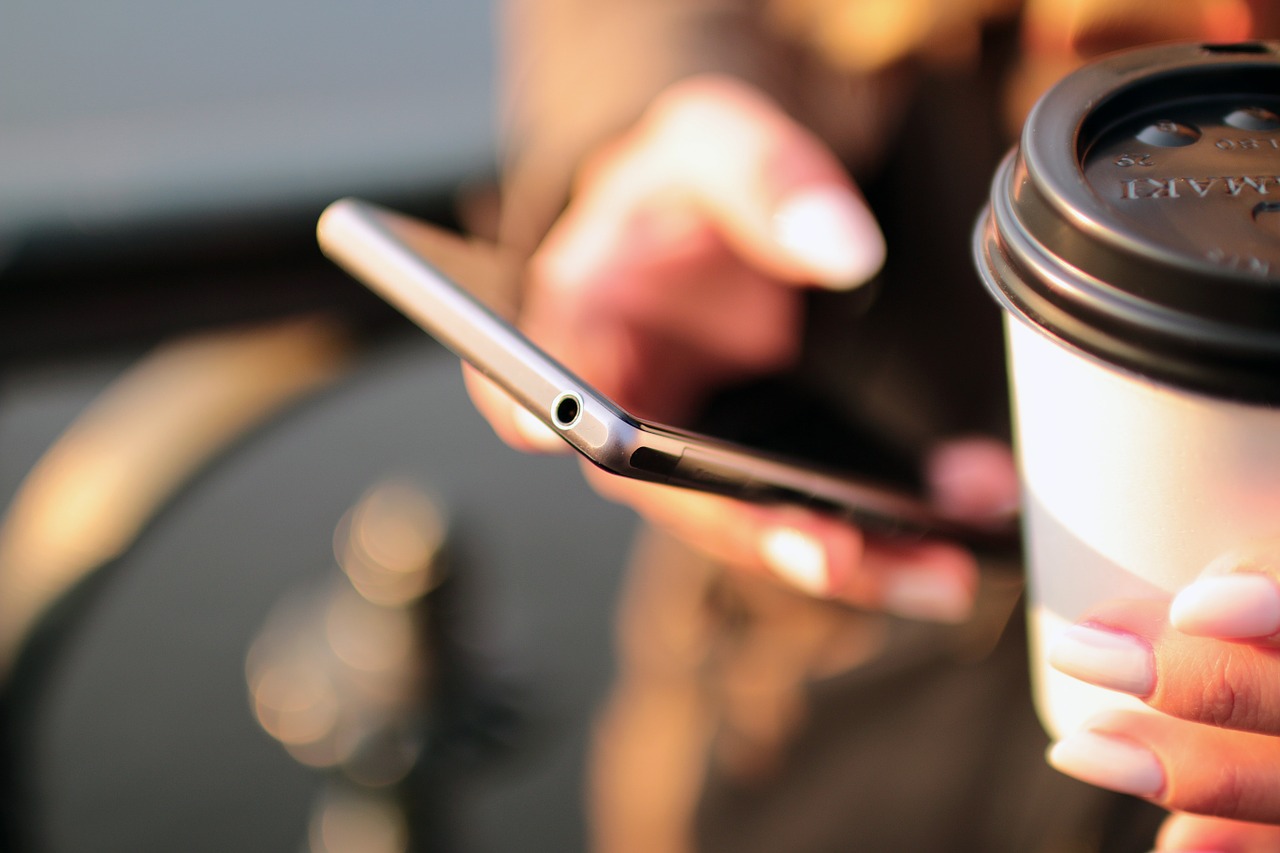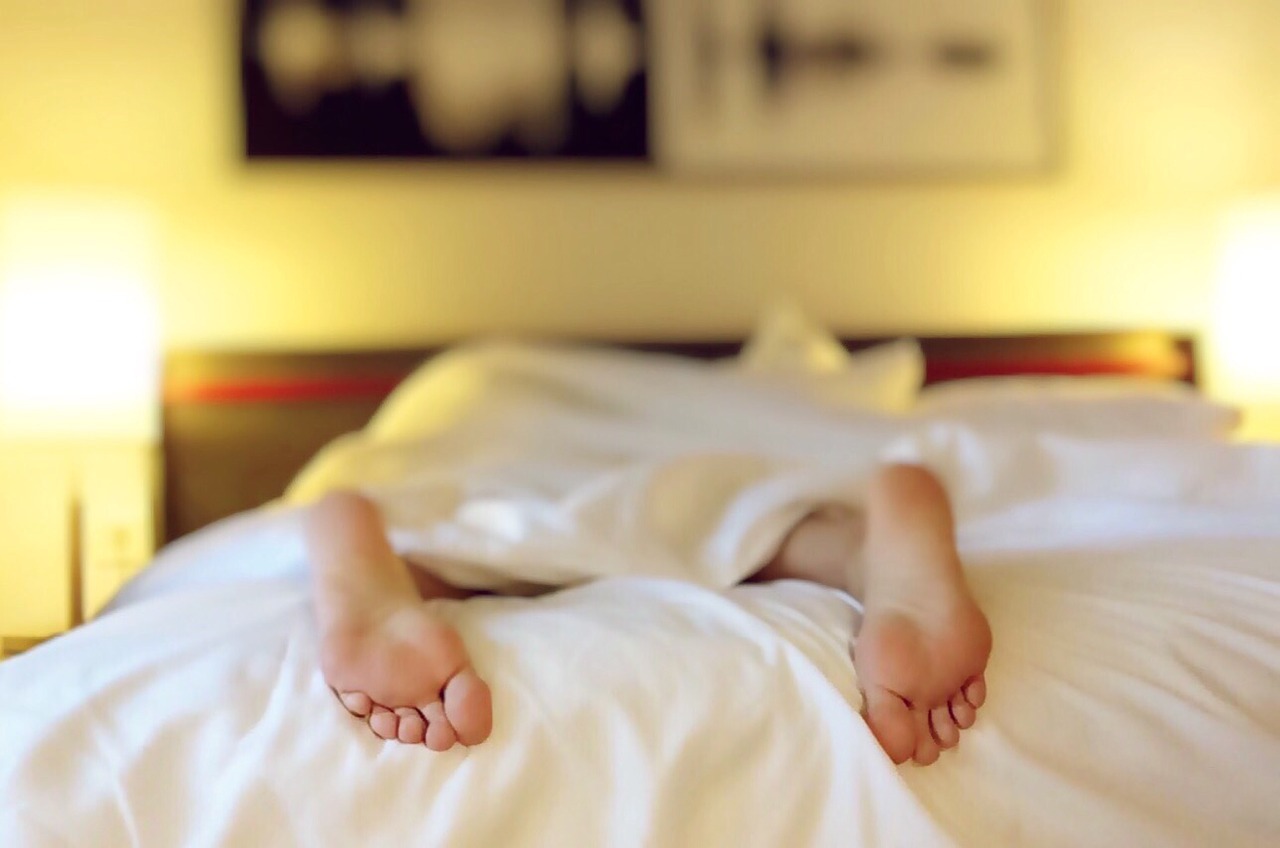
24 Feb Digital detox radio interview with Time To Log Off
“When people say to me that digital overload doesn’t exist, I always say ‘I can provide you with any number of research papers, statistics, data’ but actually, all we have to do is walk down the street, or sit in a restaurant, or go to a park and we can all see, can’t we, that everybody is constantly on their phones.”
A couple of weeks ago, our founder and digital detox guru – Tanya Goodin – was interviewed for a radio documentary about phone addiction by Kait Borsay. Naturally, this is something that she had quite a few thoughts on.
We know that smartphone addiction is a real thing – it’s no longer disputed, this is a FACT. Not only are we completely hooked on our smartphones, but they’re also ruining our relationships and our attention spans.

But when did it start? The launch of the iPhone in 2007, says Tanya. The advent of the smartphone completely changed our relationship with mobile phones and the internet – not to mention with each other. The smartphone allowed us to be constantly connected, the internet never far from our reach, but it also allowed social media platforms to boom.
And what was the knock-on effect of this? Well all that social media, as it turns out, is making us depressed. Heavy usage of social media in teenagers was linked to an increase in FOMO (or fear of missing out), which leads to these teens being depressed and anxious.
But it’s not just emotional effects that we’re suffering as a result of our smartphones. Our brains are hard wired to enjoy receiving messages. When we are anticipating the reward of new content (in this case, receiving a message) the neurons in the ventral tegmental area of the midbrain are excited and cause dopamine to be released into the brain’s pleasure centre. We then register this as a pleasurable experience, and something that we can easily become addicted to.

Our sleep is also affected, says Tanya. The most common feedback we have after Time To Log Off digital detox retreats is how well our guests slept. Our devices are affecting our sleep in ways we don’t even register. Blue light that is emitted by devices – such as our smartphones – suppresses the release of a hormone called melatonin, leaving us more awake and alert, when we should be sleepy.
All of this leads us to question how much we should be using our smartphones. Who’s in control here, us or them? And with the rise of the anti-smartphone, we’re obviously not the only ones questioning this.




Sorry, the comment form is closed at this time.